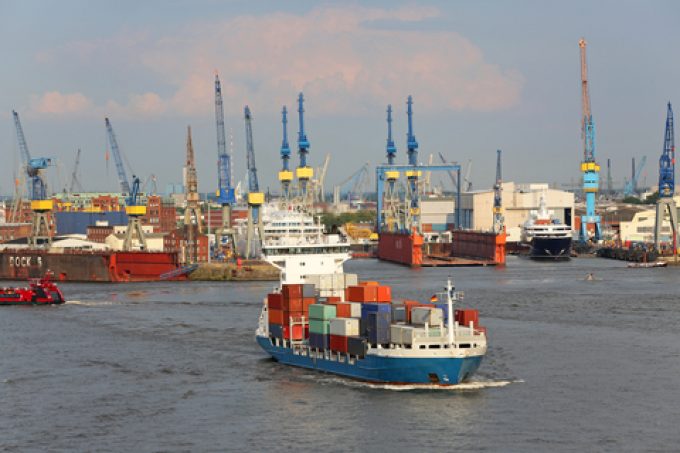MSC switches bigger box ships to higher-paying trades in 'landmark' move
MSC has switched “essentially all” its megamax vessels from Far East-to-North Europe services to the ...

Ocean carriers are squeezing their feeder service providers from both sides: firstly by refusing to entertain contract rate increases, and secondly by turning the heads of shipowners with offers of employment for their vessels.
While most line contracts with commercial feeder operators run until the year-end ...
MSC switches two more Asia-Europe port calls from congested Antwerp
Canada and Mexico get cosy with trade plan to bypass US
Front-loading frenzy has made traditional H2 peak season 'unlikely'
Tradelanes: Export boom in Indian sub-continent triggers rise in airfreight rates
Carriers introduce surcharges as congestion builds at African ports
Mexican airport modernisation plan unlikely to boost cargo facilities
Tradelanes: Overcapacity on Asia-S America impacting alliances and rates
Ports and supply chain operators weigh in on funding for CPB

Comment on this article
gunther ginckels
September 09, 2021 at 2:29 pmDeja Vu. When they have the volumes to justify own feederships than fine to charter or own. If not – meaning on low-volumes corridors – they will have to book it with the existing feederoperators. And than history will repeat itself – feederoperators unable to meet their bunker en port cost obligations, vessels arrested in remote ports and cargo owners once again victims of the bottomless lemonsquezing of the Big-5.